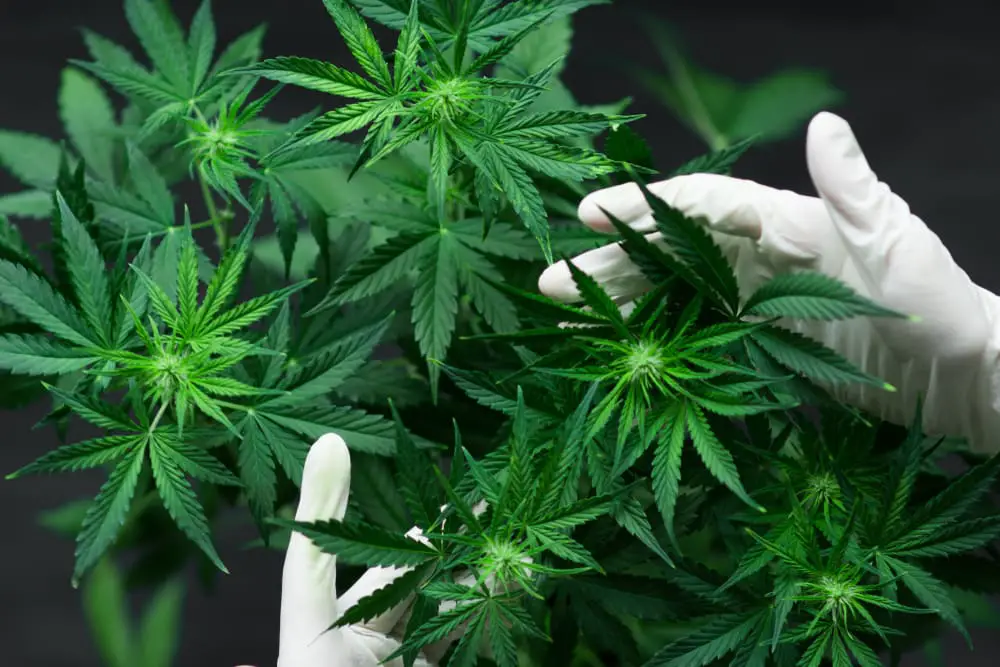April 20th, known universally in cannabis culture as “420,” has evolved into a symbol celebrated globally among cannabis users, denoting a time and date for communal smoking events and a larger celebration of the cannabis culture itself. The term “420” is entrenched in a blend of lore, anecdote, and cultural movement, making it more than just a code among cannabis enthusiasts—it’s a global phenomenon marking a day of celebration, protest, and communal solidarity.
The Origins of 420
The term “420” originated from a group of high school students at San Rafael High School in California in 1971. Known as the “Waldos” because of their favorite hangout spot—a wall outside the school—the group would meet at 4:20 p.m. to embark on a cannabis adventure. This particular time was chosen because extracurricular activities had usually ended by then, providing the students the freedom to partake in their search for an abandoned cannabis crop they had learned about. Although they never found the crop, “420” became their code for smoking marijuana.
Spreading the Culture
“420” spread from the Waldos, reaching far beyond their San Rafael stomping grounds primarily through the fans of the Grateful Dead. As connections between the Waldos and members of the band strengthened, “420” traveled with the Deadheads, embedding itself into the broader cannabis culture. By the 1990s, the term had been popularized by the counter-culture magazine High Times, which further cemented April 20th as a day of marijuana celebration and advocacy across the globe.
Shutterstock
The Annual Celebration
What began as an obscure slang term has now turned April 20th into an international counterculture holiday, where people gather to celebrate and consume cannabis. Large public events are common in cities like Vancouver, where the “420” gathering attracts thousands of people each year. These events are not just celebrations but also serve as platforms for activism, pushing for reforms in cannabis laws and spreading awareness about cannabis use.
Global Observance and Impact
The observance of April 20th has seen varied participation globally, transcending cultural and national boundaries. From the United States to Europe and Australia, each celebration reflects local attitudes towards cannabis and the degrees of legal acceptance within each country. In places like Denver and Vancouver, the day also includes commercial aspects, with businesses offering discounts, promotions, and festivals that attract significant economic activity.
The Cultural and Political Dimensions
Beyond the smoke-filled gatherings, “420” has developed significant political and cultural dimensions. It represents a form of peaceful protest against laws restricting cannabis use and is a day when advocates for legal reform rally for changes to marijuana legislation. The widespread celebration of this day illustrates a shifting paradigm towards greater acceptance of marijuana and recognition of its benefits, marking “420” as a potent symbol of change.
The Continuing Evolution
As cannabis legalization progresses globally, the observance of April 20th as “420” continues to evolve from a counterculture holiday into a more mainstream event. This evolution reflects broader societal changes and greater acceptance of cannabis as part of everyday life. What started as a small-scale rebellion against normative strictures has grown into a significant cultural and social phenomenon, demonstrating the powerful role that informal traditions can play in societal change.
In summary, “420” exemplifies how a simple tradition can expand into a global event that not only fosters community among users but also challenges societal norms, influences legal policies, and celebrates a shared cause. It remains a day imbued with both celebration and a call to action, a symbol of both freedom and the ongoing struggle for cannabis acceptance and legalization.


